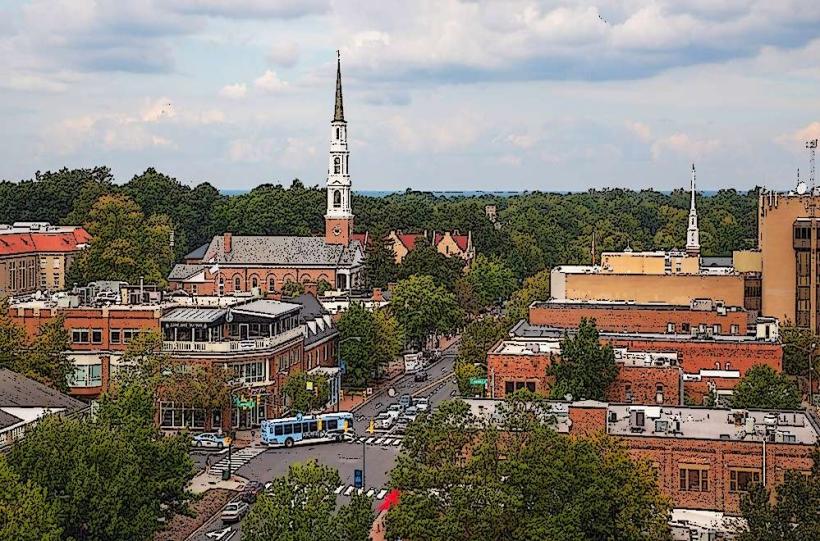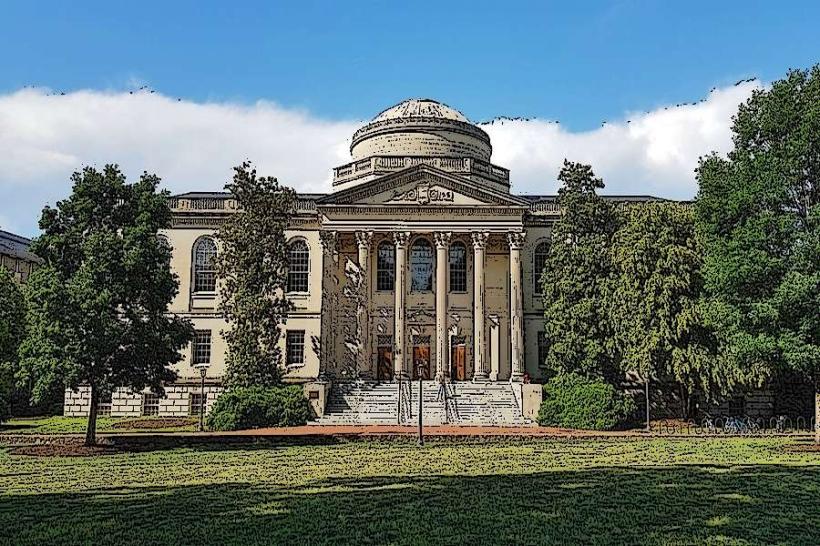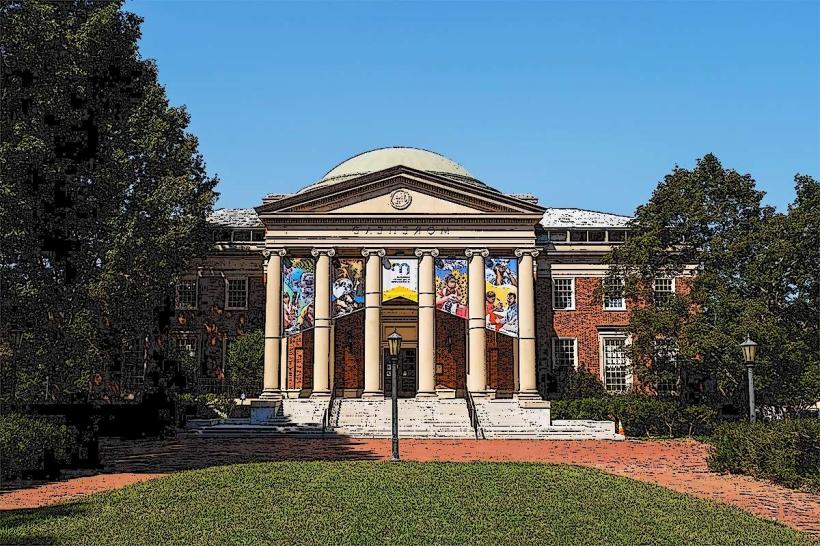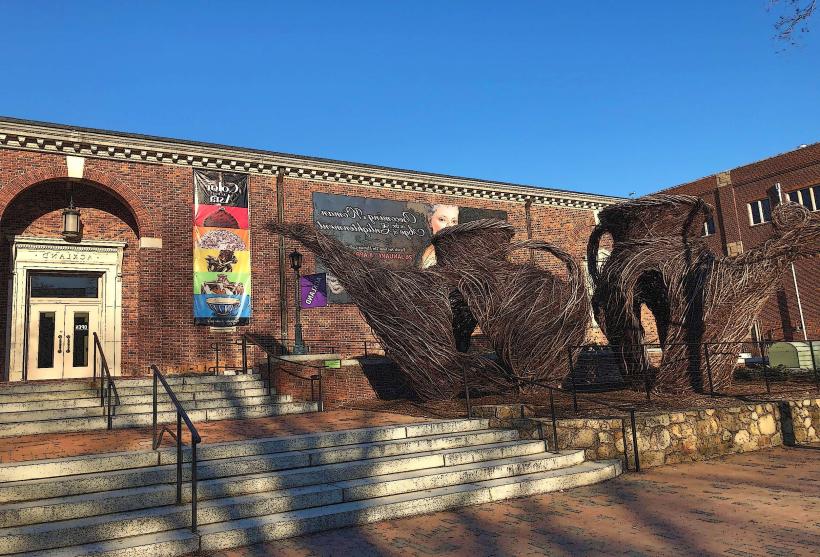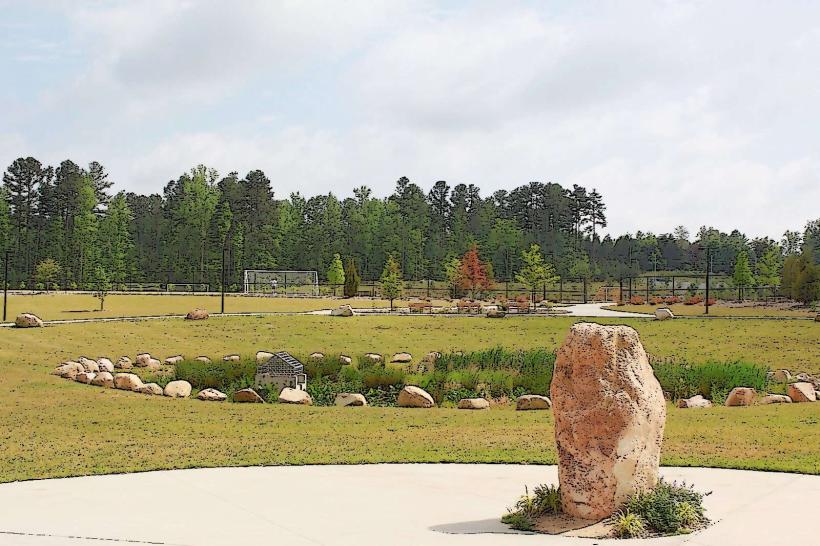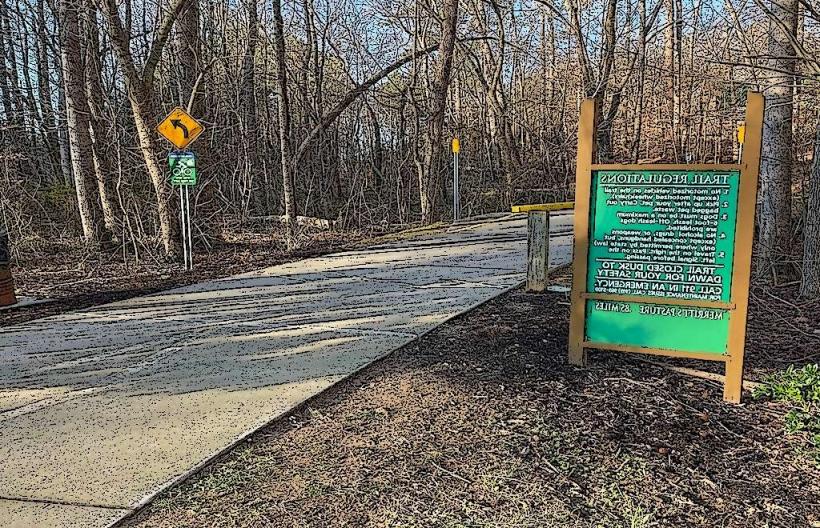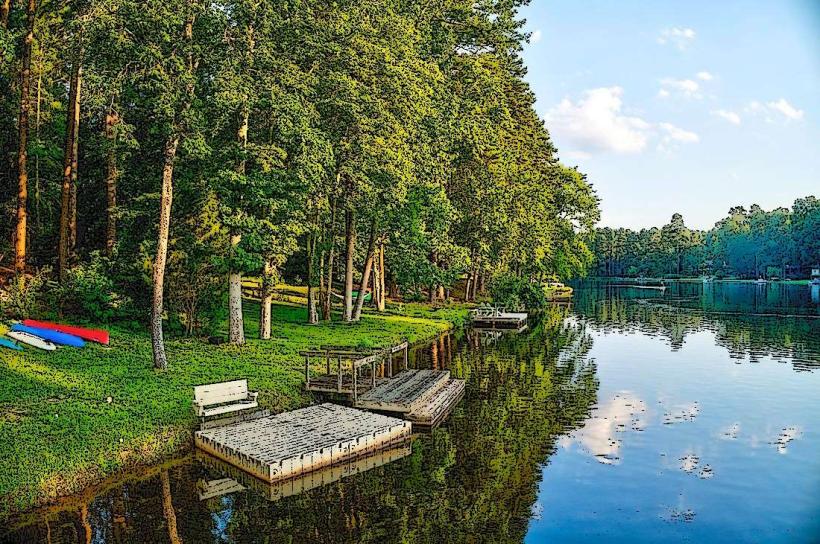Information
Landmark: Coker ArboretumCity: Chapel Hill
Country: USA North Carolina
Continent: North America
Coker Arboretum, Chapel Hill, USA North Carolina, North America
Coker Arboretum is a botanical garden located in Chapel Hill, North Carolina. It is part of the University of North Carolina at Chapel Hill's campus.
Visual Characteristics
The arboretum features a diverse collection of woody plants, including trees and shrubs. Paths are primarily gravel or packed earth. Plantings are organized by genus and species, with labels providing scientific and common names. Mature trees provide significant canopy cover.
Location & Access Logistics
Coker Arboretum is situated on the University of North Carolina at Chapel Hill campus, adjacent to the Coker Hall building. It is accessible from East Cameron Avenue. Limited street parking is available on surrounding streets, with paid parking decks located within a 0.5km radius. Campus bus routes, specifically the RU and CC lines, stop near the arboretum.
Historical & Ecological Origin
Established in 1903, Coker Arboretum was founded by Professor William Coker. Its original purpose was to serve as an outdoor laboratory for botany students and a collection of North Carolina's native flora. It is an example of a managed urban botanical collection.
Key Highlights & Activities
Visitors can observe a wide variety of plant species. Walking the designated paths allows for viewing of different tree and shrub collections. Educational signage provides information on plant identification and characteristics. Photography is permitted.
Infrastructure & Amenities
Restrooms are available within nearby campus buildings, such as Coker Hall. Benches are provided throughout the arboretum for seating. Cell phone signal (4G/5G) is generally strong within the arboretum. No food vendors are located directly within the arboretum; dining facilities are available on the main campus.
Best Time to Visit
For optimal viewing of flowering plants, visit during spring (April-May). For autumn foliage, the months of October and November are recommended. Mid-morning or late afternoon provides softer lighting for photography.
Facts & Legends
A notable feature is the collection of over 100 species of native azaleas. The arboretum is also home to a specimen of the American Hornbeam (Carpinus caroliniana) that is over 100 years old.
Nearby Landmarks
- UNC Chapel Hill Campus (0.1km North)
- Morehead Planetarium and Science Center (0.3km West)
- Ackland Art Museum (0.4km Southwest)
- Chapel Hill Public Library (0.6km South)
- Franklin Street (0.7km West)

